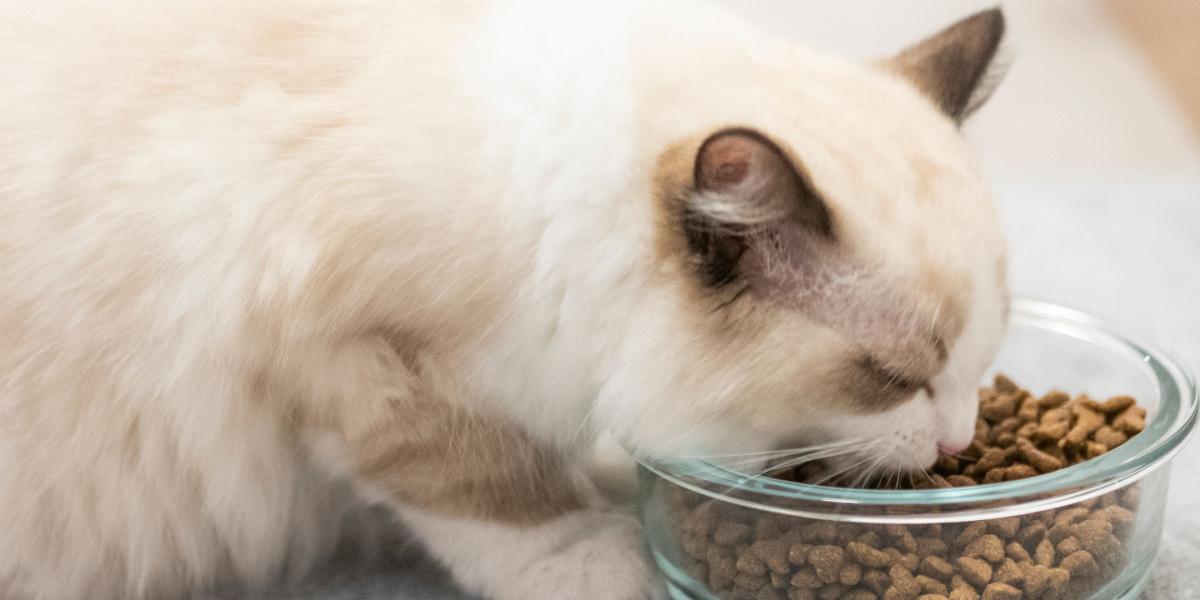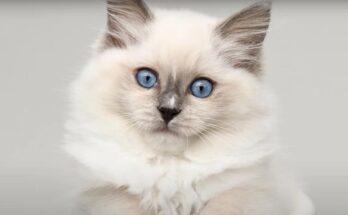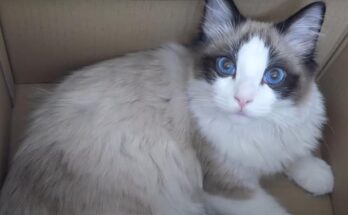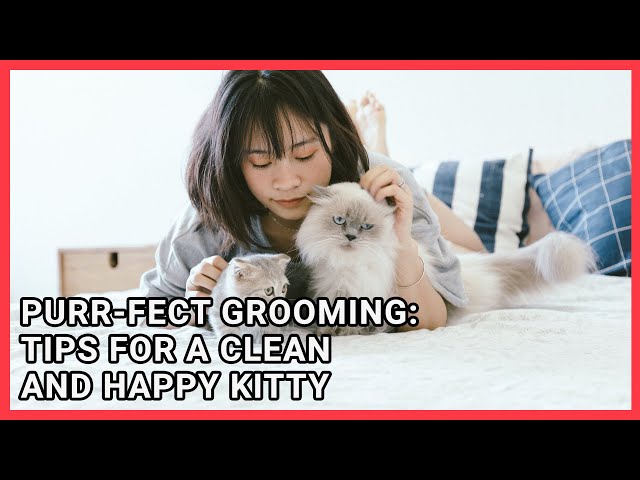Ragdoll cats should eat a diet rich in high-quality protein and essential nutrients to thrive. A balanced diet for Ragdolls should consist of meat-based foods like chicken, turkey, or fish, as well as grains, fruits, and vegetables.
Providing a well-rounded diet is vital for their overall health and wellbeing. It’s essential to offer a mix of wet and dry food to meet their hydration needs and promote dental health. Consulting with a veterinarian can help determine the best diet plan tailored to your Ragdoll’s specific needs.
By prioritizing their nutritional requirements, you can ensure your Ragdoll cat enjoys a long and healthy life.

Credit: www.amazon.com
Importance Of Proper Nutrition For Ragdoll Cats
The Importance of Proper Nutrition for Ragdoll Cats cannot be overstated. Providing the correct diet is crucial for their overall health and well-being.
Nutritional Needs Of Ragdoll Cats
Ragdoll cats require a diet that is rich in high-quality protein and essential nutrients like taurine and omega-3 fatty acids.
Impact Of Proper Nutrition On Ragdoll Cats’ Health
Adequate nutrition directly influences the Ragdoll cat’s physical health, energy levels, and longevity.
Top 5 Essential Nutritious Foods For Ragdoll Cats
Choosing the right diet for your ragdoll cat is crucial to ensure their overall health and wellbeing. Providing them with a balanced and nutritious diet not only keeps them satisfied, but it also helps prevent various health issues. Here are the top 5 essential nutritious foods for ragdoll cats that should be a part of their daily menu.
High-quality Protein Sources
Ragdoll cats require a diet rich in high-quality protein sources to maintain strong muscles and support their overall growth. Opt for foods that contain animal-based proteins such as chicken, turkey, or fish. These protein sources provide essential amino acids that are crucial for their well-being.
Omega-3 Fatty Acid-rich Foods
Omega-3 fatty acids are essential for maintaining your ragdoll cat’s coat health, promoting skin elasticity, and supporting their cardiovascular health. Include foods rich in omega-3 fatty acids, such as salmon, sardines, or flaxseed, in their diet. These foods can help reduce inflammation and support their immune system.
Nutrient-dense Vegetables
While ragdoll cats are primarily carnivores, incorporating nutrient-dense vegetables into their diet can provide them with essential vitamins and minerals. Vegetables like pumpkin, sweet potatoes, or carrots serve as a great source of fiber, aiding in digestion, and supporting their overall gut health.
Probiotics And Prebiotics
Adding probiotics and prebiotics to your ragdoll cat’s diet helps maintain a healthy balance of gut bacteria and promotes a healthy digestive system. Look for cat foods or supplements that contain probiotics like lactobacillus acidophilus or prebiotics like inulin, which support the growth of beneficial bacteria in their gut.
Hydration Through Wet Food Or Water
Ensuring your ragdoll cat remains hydrated is essential for their overall health. Offer them wet cat food, which provides hydration along with essential nutrients. Alternatively, always make fresh water available for them to drink. Proper hydration helps prevent urinary tract issues and promotes healthy kidney function.
Foods To Avoid For Ragdoll Cats
Ragdoll cats are known for their gentle and affectionate nature. Proper nutrition is essential to ensure their overall health and well-being. While there are various foods that can benefit your Ragdoll cat, it’s equally important to be aware of the foods that should be avoided. Here are some key foods to steer clear of when it comes to your Ragdoll cat’s diet:
High-carbohydrate Foods
Ragdoll cats, like many other feline breeds, are obligate carnivores, which means their ideal diet consists mainly of meat. High-carbohydrate foods, such as grains and fillers, should be avoided, as they are not part of a cat’s natural diet and can lead to obesity and digestive problems.
Onions, Garlic, And Related Foods
Onions, garlic, and related foods contain compounds that can be toxic to cats and should be kept away from your Ragdoll’s diet. These ingredients can lead to gastrointestinal irritation, anemia, and various other health issues in felines.
Dairy Products
While it may seem like a treat, dairy products are not recommended for Ragdoll cats. Most felines are lactose intolerant, and consuming dairy can lead to digestive upset, including diarrhea and stomach discomfort.
Raw Fish And Meat
Feeding your Ragdoll cat raw fish and meat can pose serious health risks due to potential bacteria and parasites. It’s best to opt for cooked meat to minimize the chances of foodborne illnesses.
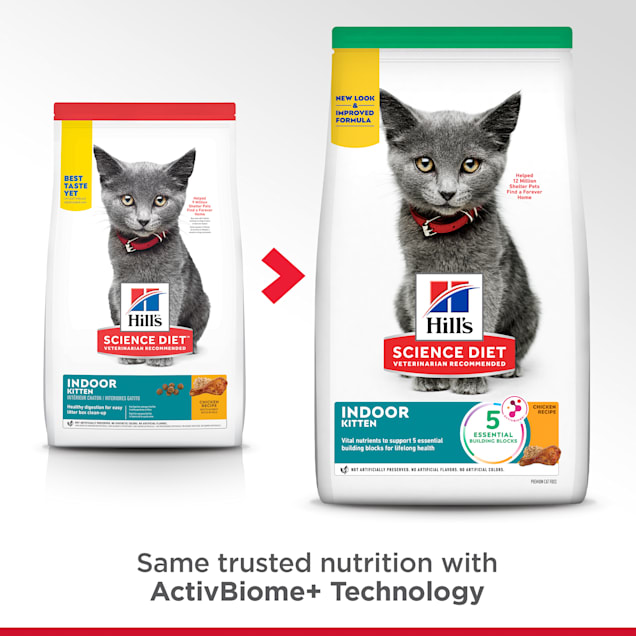
Credit: www.petco.com
Creating A Balanced Diet Plan For Ragdoll Cats
Ragdoll cats, known for their gentle demeanor and striking blue eyes, require a balanced diet to support their overall health and well-being. Crafting a tailored meal plan for these lovable felines involves careful consideration of their nutritional needs. From consulting with a veterinarian to ensuring a mix of essential nutrients, creating a balanced diet plan for Ragdoll cats is crucial in promoting their vitality.
Consultation With A Veterinarian
Before formulating a diet plan for your Ragdoll cat, seek professional guidance from a veterinarian. A veterinarian can offer valuable insights into your cat’s specific dietary requirements, taking into account factors such as age, weight, and any existing health conditions. This consultation serves as the foundation for developing a personalized and effective meal plan.
Balancing Protein, Fats, And Carbohydrates
Balancing the intake of protein, fats, and carbohydrates is essential for maintaining the overall health of Ragdoll cats. Protein, derived from high-quality sources such as chicken or fish, supports muscle development and repair. Balancing the consumption of fats, primarily from animal-based sources, aids in providing essential fatty acids necessary for the cat’s skin and coat health. Additionally, incorporating complex carbohydrates through grains and vegetables offers a source of energy and dietary fiber, promoting digestive wellness.
Incorporating Variety In The Diet
It is crucial to incorporate a variety of foods in the diet of Ragdoll cats to ensure they receive a spectrum of essential nutrients. Implementing a diverse selection of protein sources, such as chicken, turkey, and fish, enables the cat to obtain a broad range of amino acids crucial for their well-being. Furthermore, offering a mix of vegetables and grains contributes to a well-rounded diet, enhancing the cat’s overall nutritional intake.
Monitoring And Adapting The Diet
When it comes to ensuring the health and well-being of your ragdoll cat, it’s vital to monitor and adapt their diet accordingly. Monitoring their diet involves regular weight checks, observing changes in behavior or coat quality, and adjusting the diet based on age and activity level.
Regular Weight Checks
Regular weight checks are essential to maintaining your ragdoll cat’s overall health. It’s crucial to keep their weight within a healthy range to prevent obesity or malnourishment. Schedule regular visits to the veterinarian where they can assess your cat’s weight and provide recommendations based on their findings.
Observing Changes In Behavior Or Coat Quality
Changes in behavior or coat quality can be an indication that your ragdoll cat’s diet may need adjustment. Observing their behavior includes monitoring their energy levels, appetite, and overall mood. Additionally, paying attention to their coat quality, such as excessive shedding, dryness, or dullness, can signal potential dietary issues.
Adjusting The Diet Based On Age And Activity Level
Another important aspect of monitoring and adapting your ragdoll cat’s diet is considering their age and activity level. As they grow older, their nutritional needs may change. Kittens require more frequent meals and a diet that supports their growth and development, while adult cats may thrive on a different feeding schedule and food formulation. Moreover, the level of activity your cat engages in should also be taken into account when adjusting their diet.
Ultimately, monitoring and adapting your ragdoll cat’s diet ensures that they receive the appropriate nutrients to maintain a healthy weight, vibrant coat, and overall well-being. By regularly checking their weight, observing changes in behavior or coat quality, and adjusting their diet based on age and activity level, you contribute to their long-term health and happiness.
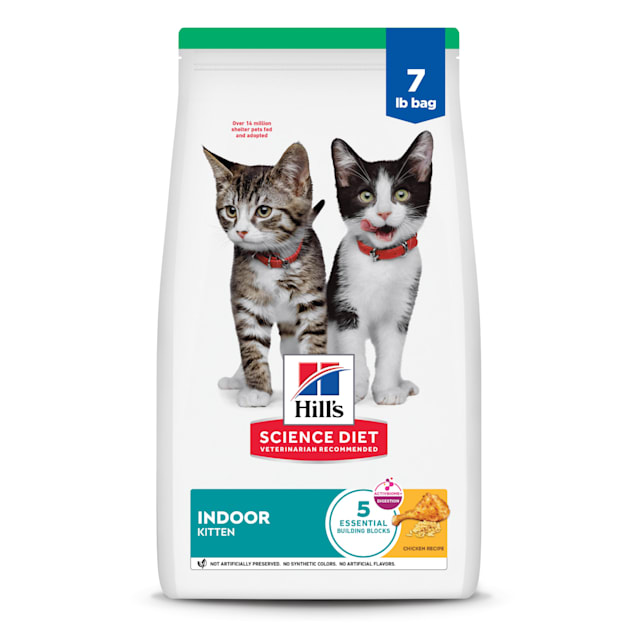
Credit: www.petco.com
Frequently Asked Questions On What Ragdoll Cats Should Eat
What Should You Feed A Ragdoll Cat?
Feed a Ragdoll cat high-quality cat food rich in protein, low in fillers. Include meat as the main ingredient, avoid grains, and ensure proper hydration.
Can Ragdolls Eat Raw Meat?
Yes, Ragdolls can eat raw meat in moderation as part of a balanced diet. It should be fresh, high-quality, and properly prepared to avoid any health risks.
How Do I Keep My Ragdoll Cat Healthy?
To keep your Ragdoll cat healthy, follow these guidelines: 1. Feed them a balanced diet with high-quality cat food. 2. Provide plenty of fresh water and maintain a clean litter box. 3. Engage in daily playtime to keep them physically active.
4. Regularly groom their long fur to prevent matting. 5. Schedule annual vet check-ups and vaccinations to keep them in good health.
Can Ragdoll Cats Eat Tuna?
Yes, Ragdoll cats can eat tuna as an occasional treat, but it should not be a regular part of their diet. Tuna can be high in mercury and should be given in moderation to prevent health issues. It’s best to choose tuna packed in water and avoid additives like salt or seasonings.
Conclusion
To ensure a Ragdoll cat’s optimal health, it is crucial to provide them with a well-balanced diet. Incorporating high-quality protein sources, such as lean meats and fish, is essential for their overall well-being. Additionally, including small amounts of fruits and vegetables in their meals can provide important vitamins and minerals.
Remember to avoid foods that are toxic to cats, such as onions and chocolate. By following these dietary guidelines, you can help your Ragdoll cat live a long, happy, and healthy life.
